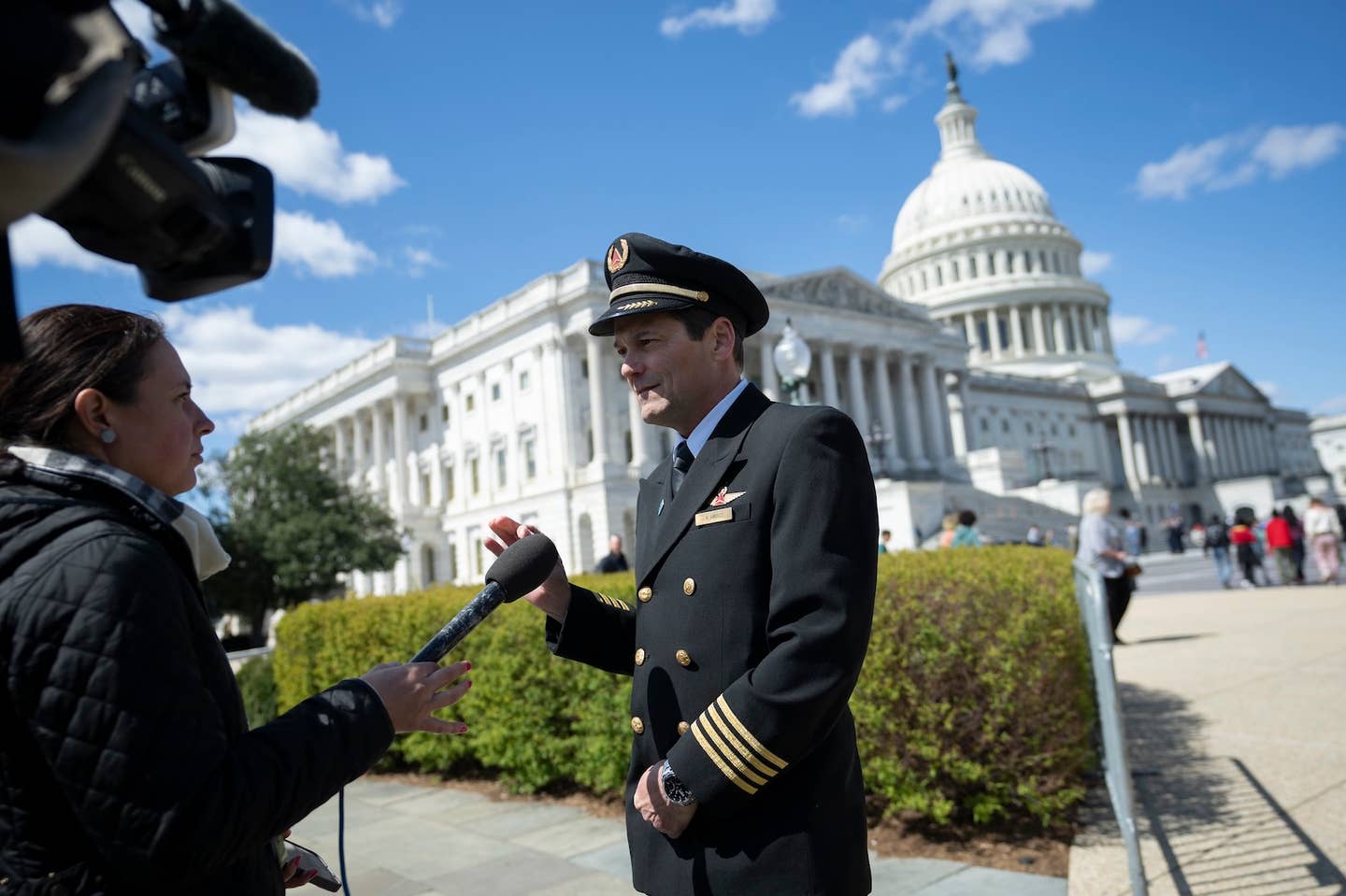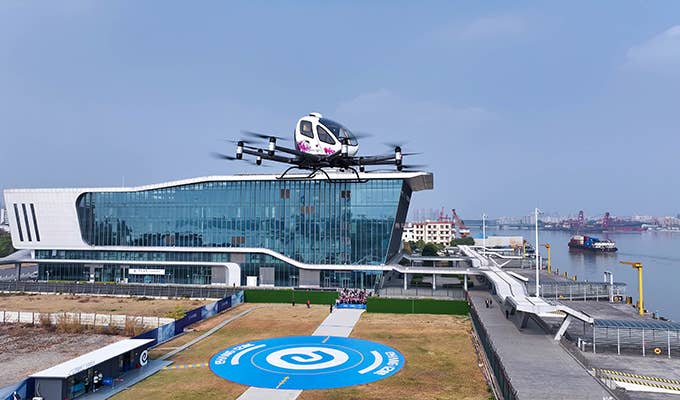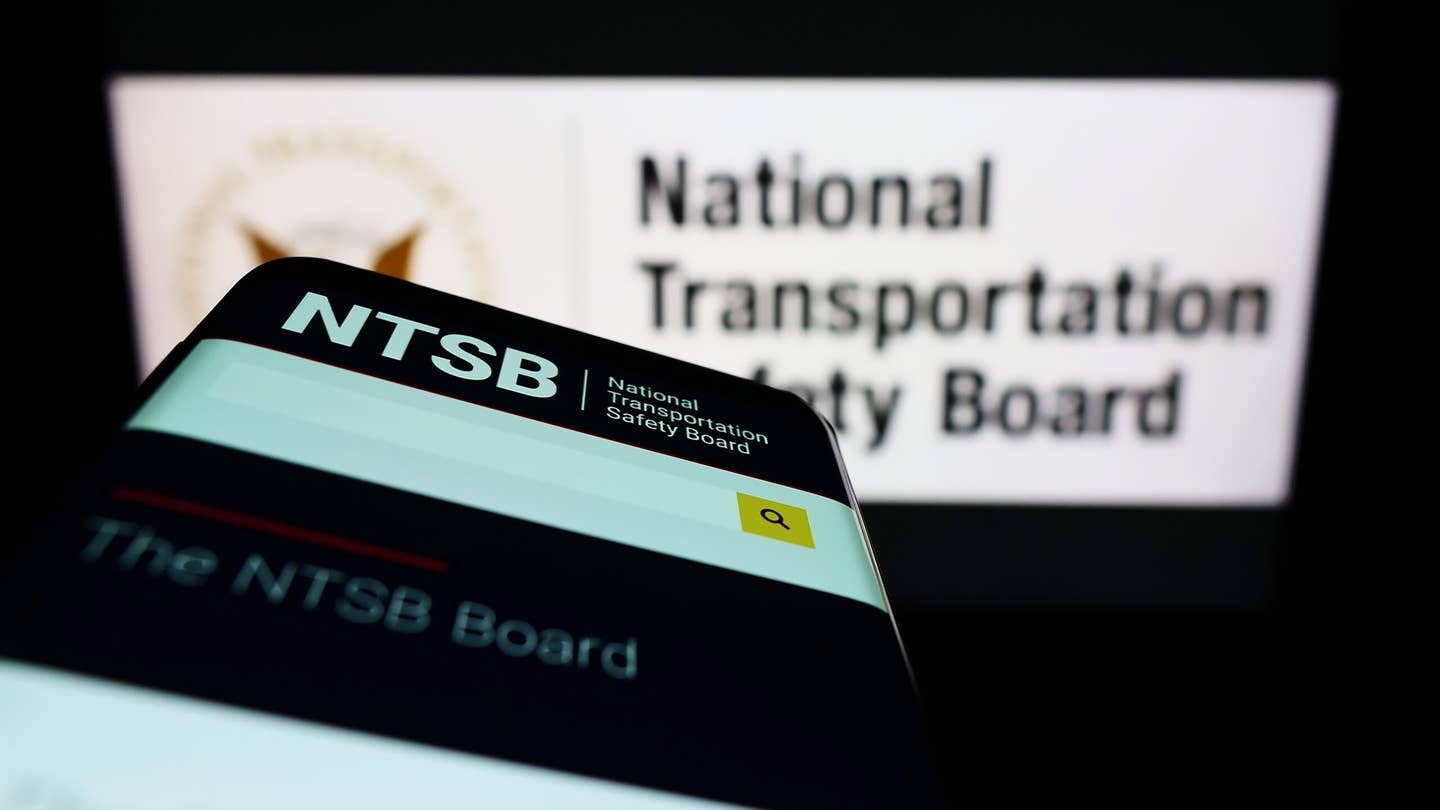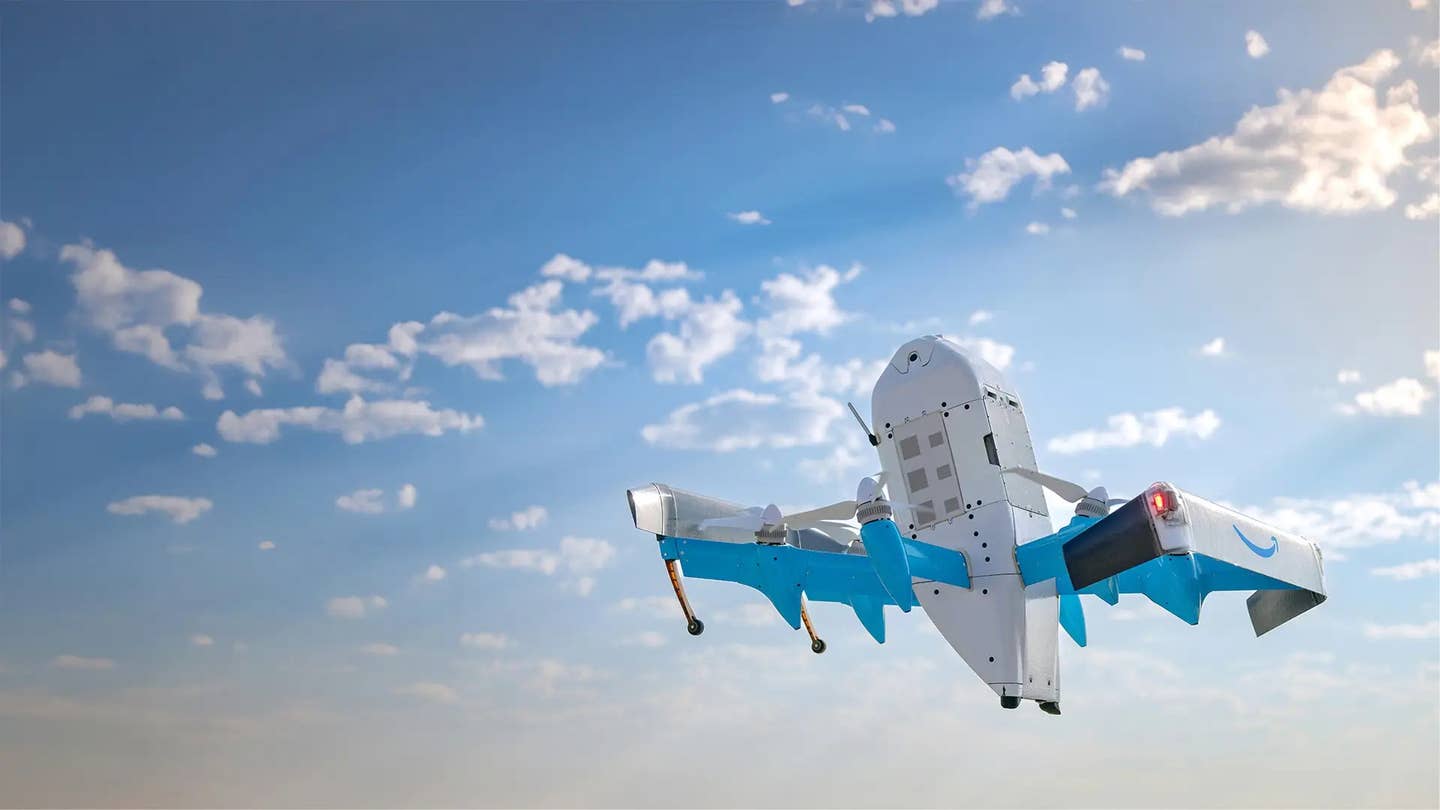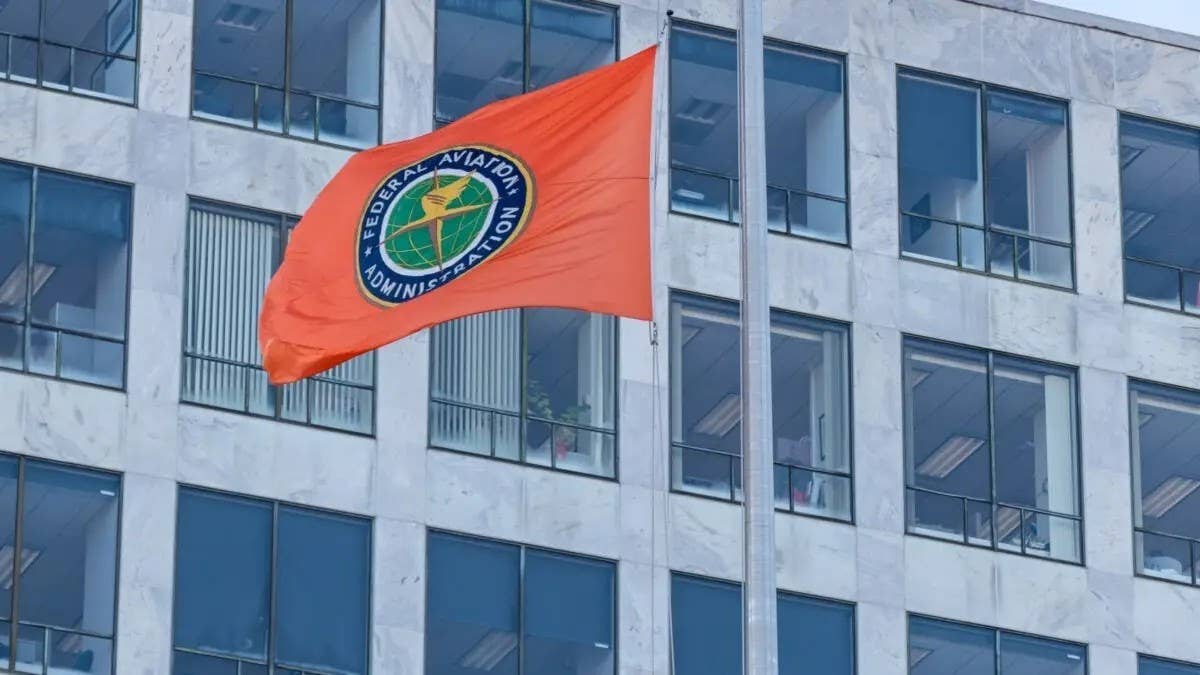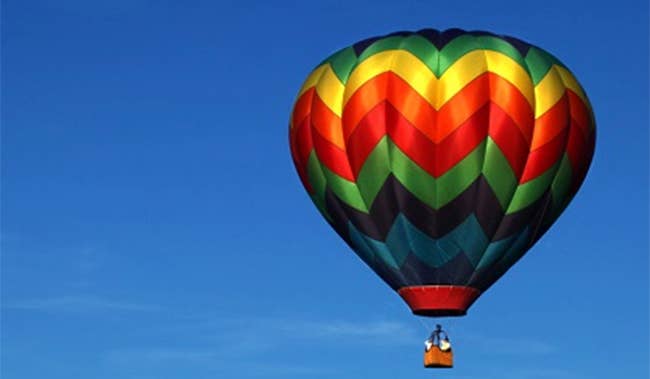
The National Transportation Safety Board wants hot air balloon pilots to possess current medical certificates. FAA
The National Transportation Safety Board this week called upon the FAA to treat balloon pilots like all others by requiring them to possess a current medical certificate. Currently, balloon pilots are exempt from medical certificate requirement in order to conduct commercial operations.
In an abstract of the soon-to-be-released final report, the NTSB took the FAA to task for its oversight of balloon operations following the July 20, 2016 crash of a commercial balloon in Lockhart, Texas. The pilot of that balloon was found to have been impaired by non-approved medications at the time of the accident, in which he attempted to land in poor visibility conditions. The balloon struck high-tension power lines near the landing site before it fell to the ground, killing all 15 passengers aboard, as well as the pilot. Investigators discovered depression, attention deficit hyperactivity disorder and the combined effects of multiple central nervous system-impairing drugs likely affected the pilot's ability to make safe decisions.
Robert L. Sumwalt, NTSB’s Chairman said, “The pilot’s poor decisions were his and his alone. But other decisions within government, dating back decades, enabled his poor decision to fly with impairing medical conditions, while using medications that should have grounded him.”
The investigators believed the balloon pilot should have cancelled the Texas sight-seeing flight because of deteriorating weather conditions and, once in the air, should not have climbed above the clouds. The pilot’s decision to then attempt to land in reduced visibility conditions diminished his ability to see and avoid obstacles and resulted in the balloon impacting power lines.
BFA Announces Consumer Focused Balloon Safety Guidelines
Nearly coinciding with the NTSB’s report on the Texas crash, the Balloon Federation of America released its new Envelope of Safety accreditation program for balloon ride operations to better inform tourists of an operator’s qualifications before they fly.
Working with the FAA, the BFA created the program for commercial balloons capable of carrying 4-6 passengers. The BFA says these should be flown by pilots who have held a commercial pilot certificate for at least 18 months. They pilots should also possess an FAA second-class medical certificate. Pilots must pass a drug and alcohol background check, have attended a BFA-sanctioned safety seminar within the last 12 months and be enrolled in the FAA Wings program. The BFA will verify this information annually, as well as check the safety record of pilot applicants by researching FAA accident and incident data.
A second part of the program provides balloon ride operators with a choice of three levels of safety accreditation: Silver, Gold, or Platinum. Each level has increasingly stringent safety requirements.

Sign-up for newsletters & special offers!
Get the latest FLYING stories & special offers delivered directly to your inbox

